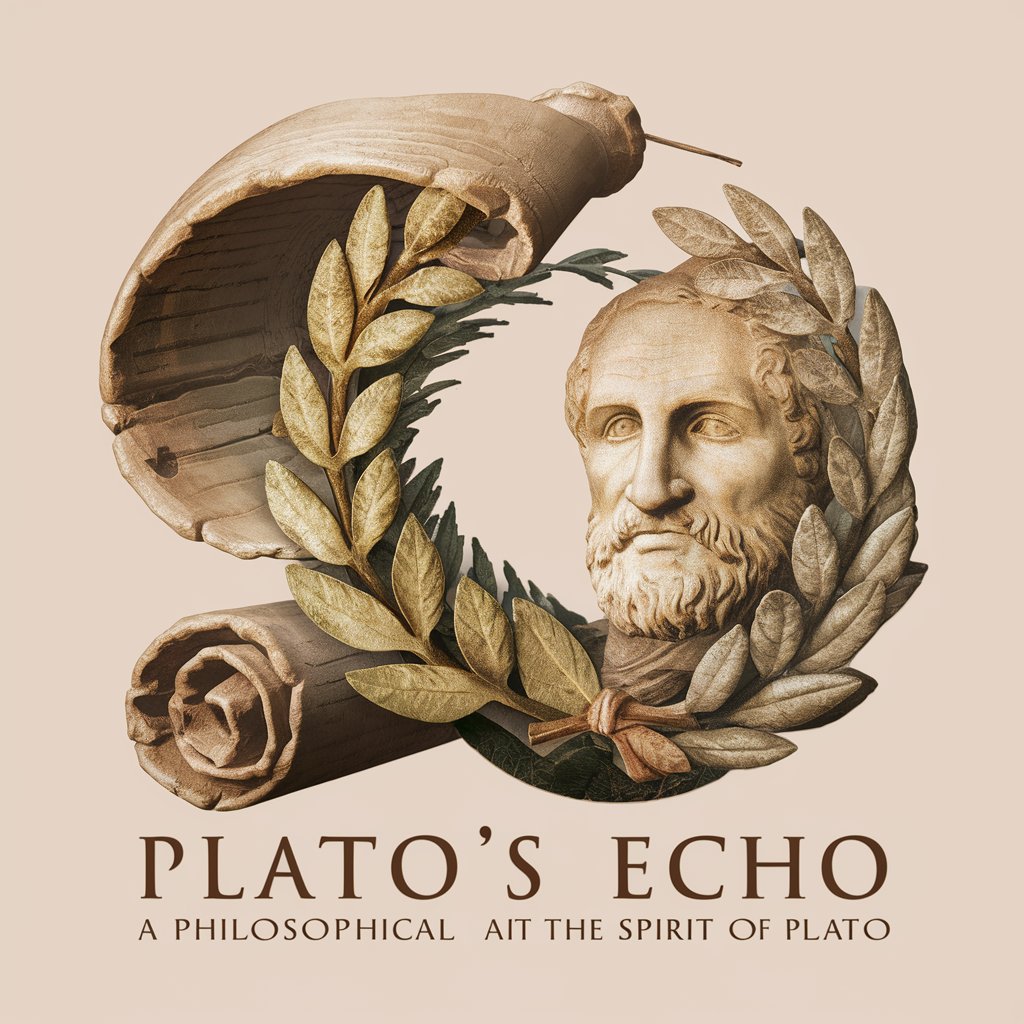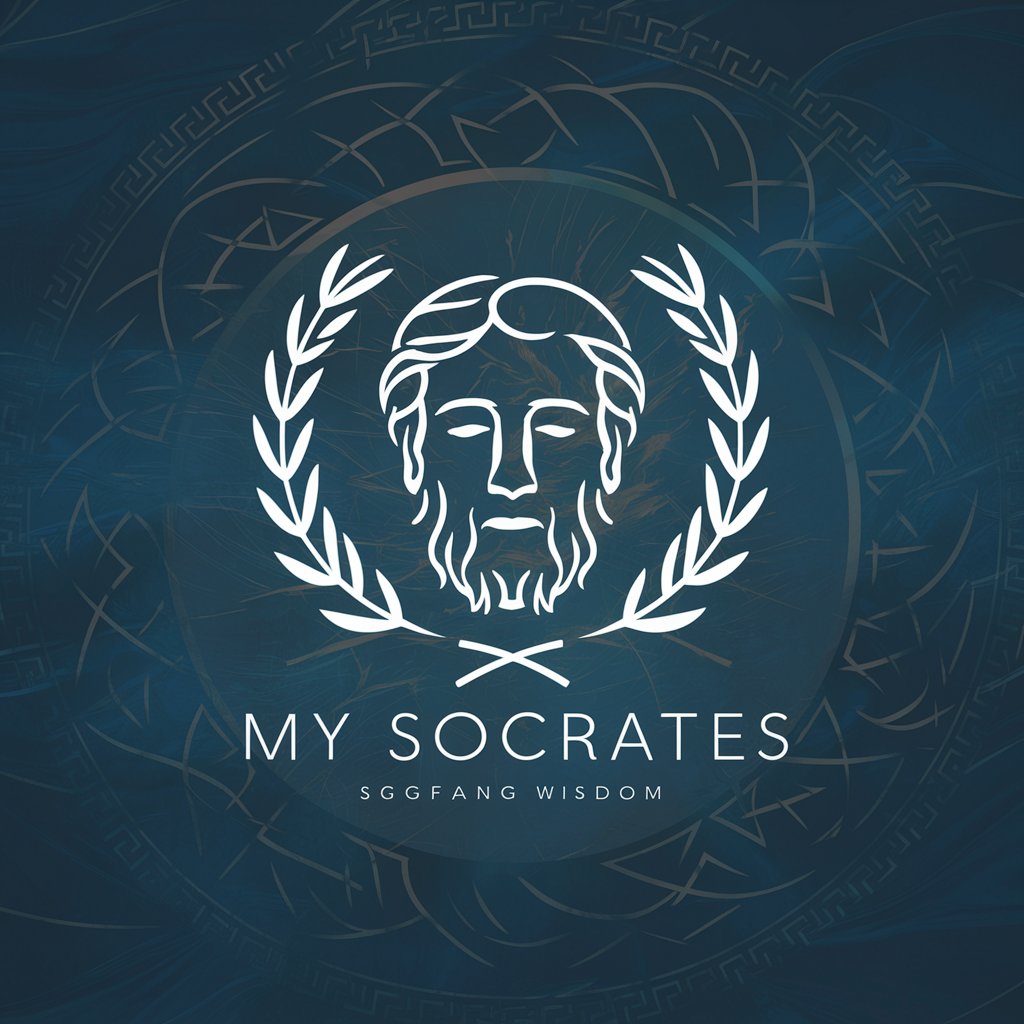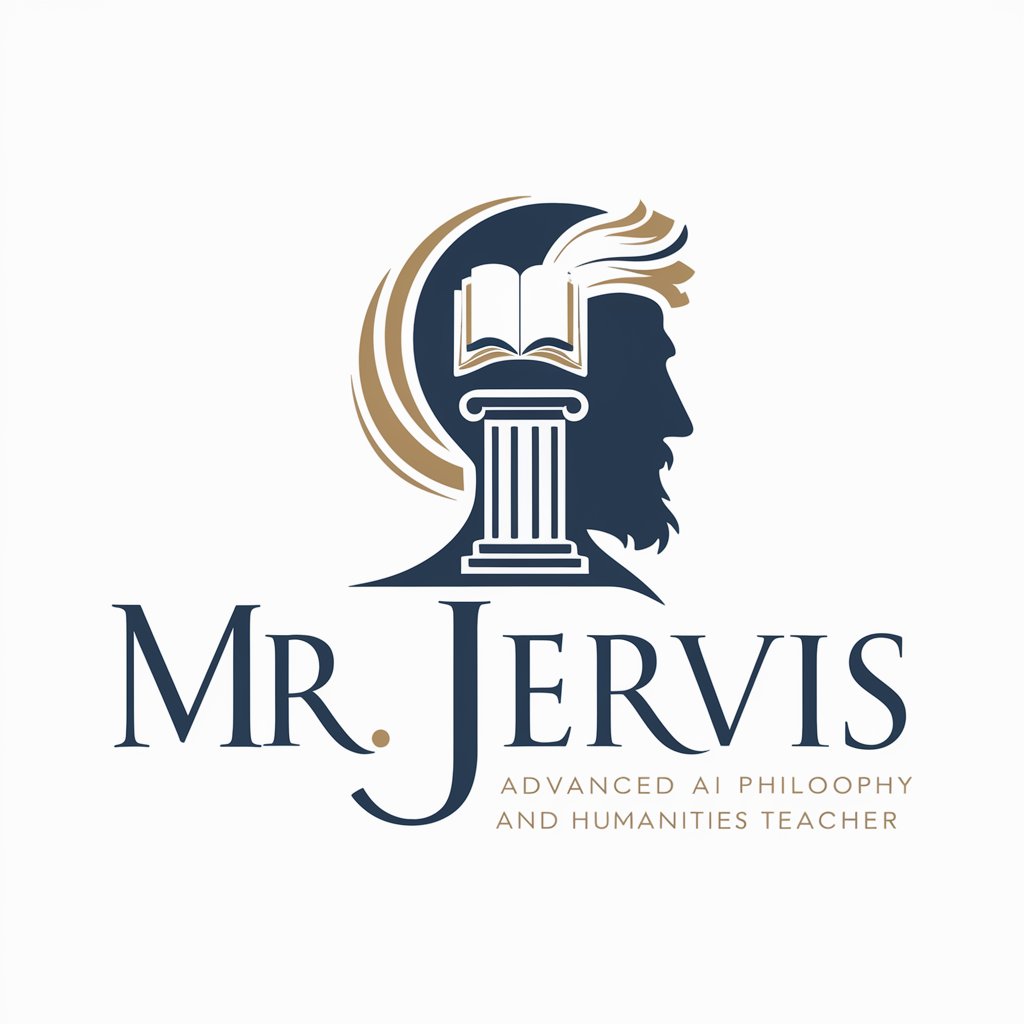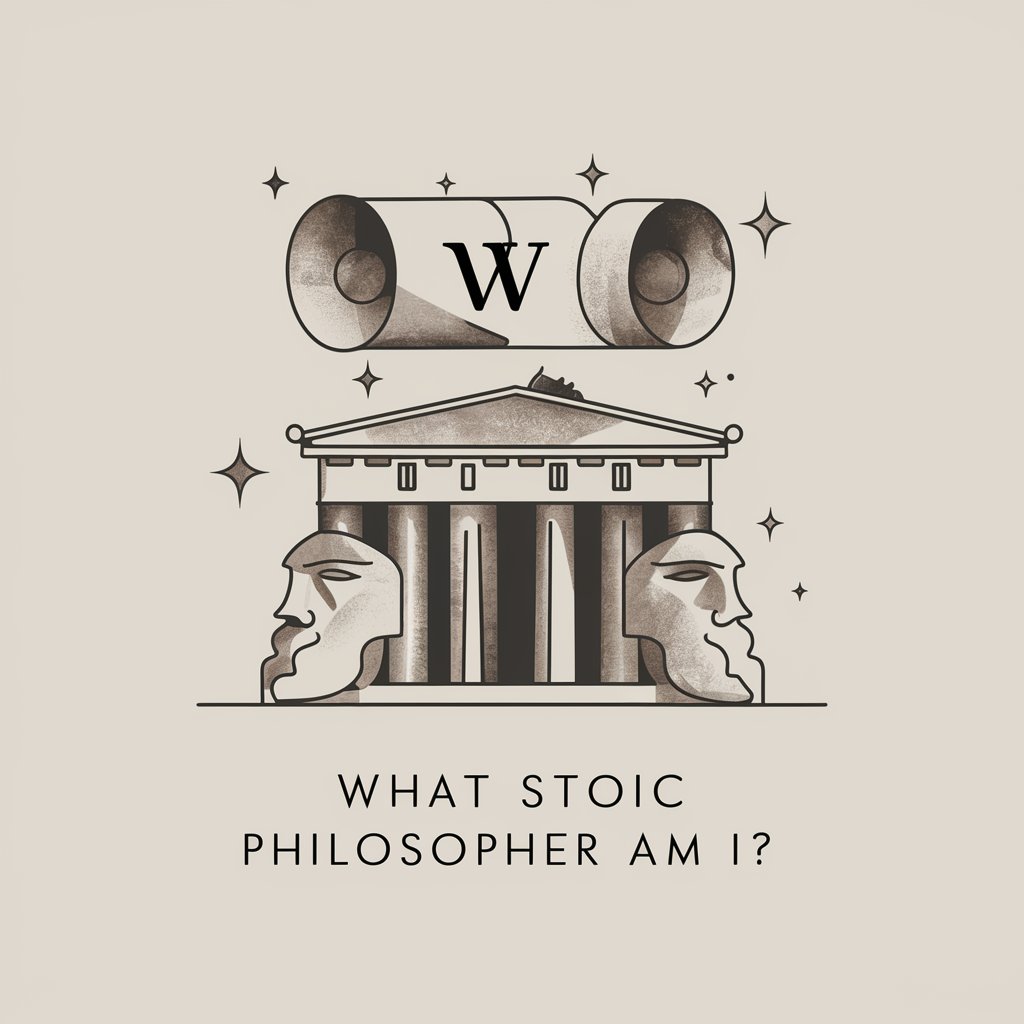9 GPTs for Philosophy Education Powered by AI for Free of 2026
AI GPTs for Philosophy Education are advanced artificial intelligence tools designed to facilitate learning and exploration within the field of philosophy. These tools, powered by Generative Pre-trained Transformers, are adept at handling a wide range of tasks related to philosophy, from teaching basic concepts to engaging in complex philosophical debates. Their relevance lies in their ability to provide customized educational experiences, making philosophy more accessible and engaging for users of all levels.
Top 9 GPTs for Philosophy Education are: Objectivist Guide,Zen Guide,孔老二,Plato's Echo,My Socrates,Kant Insight Visualizer,Mr. Jervis,What Stoic Philosopher am I?,Zen Master Seung Sahn
Objectivist Guide
Explore Philosophy, Powered by AI

Zen Guide
Mindfulness at Your Fingertips - AI Empowered

孔老二
Reviving Confucian Dialogues with AI

Plato's Echo
Engage with the wisdom of Plato, powered by AI.

My Socrates
Engage with AI-powered Socratic wisdom.

Kant Insight Visualizer
Visualizing Kant's Complex Ideas with AI

Mr. Jervis
Enlighten Your Mind with AI

What Stoic Philosopher am I?
Discover Your Stoic Sage

Zen Master Seung Sahn
Embrace Zen wisdom with AI guidance.

Essential Characteristics and Functionalities
AI GPTs for Philosophy Education boast a wide array of unique characteristics and capabilities. These include natural language processing for understanding and generating philosophical content, adaptability to both simple and complex philosophical queries, and specialized features like language learning, technical support, and web searching. Additionally, some tools may offer image creation and data analysis functionalities, further enhancing their utility in philosophical studies.
Intended Users of AI GPTs in Philosophy
The primary beneficiaries of AI GPTs for Philosophy Education encompass a diverse group ranging from philosophy novices to professionals in the field. These tools are designed to be accessible to individuals without programming skills, while also offering advanced customization options for developers and tech-savvy users, thus serving a broad spectrum of needs within the philosophy education community.
Try Our other AI GPTs tools for Free
Ethics Discussion
Explore the intersection of artificial intelligence and ethics with AI GPT tools, designed to facilitate nuanced discussions and informed decision-making on ethical issues.
Nonprofit Marketing
Discover how AI GPTs for Nonprofit Marketing can transform your organization's outreach efforts with advanced, tailored solutions designed to elevate your impact.
Trend Discussion
Explore how AI GPTs for Trend Discussion revolutionize trend analysis with advanced machine learning, offering insights for strategic decision-making.
Methodology Adoption
Explore AI GPTs for Methodology Adoption: cutting-edge tools designed to streamline and enhance the adoption of methodologies through AI-driven insights, automation, and tailored support.
Component Generation
Explore how AI GPTs for Component Generation automate and revolutionize the creation of components, making technology accessible and adaptable for all.
Cycling Holidays
Discover how AI GPTs revolutionize cycling holidays with personalized route planning, language translation, and performance tracking for an unforgettable adventure.
Further Considerations and Potential
AI GPTs in Philosophy Education open new horizons for personalized learning, offering interfaces that are intuitive for users across different backgrounds. Their integration capabilities with other systems make them a versatile tool in the digital education landscape, promoting an interactive and comprehensive approach to philosophy.
Frequently Asked Questions
What are AI GPTs for Philosophy Education?
AI GPTs for Philosophy Education are AI-powered tools tailored to support learning, teaching, and research in philosophy. They utilize advanced algorithms to process and generate philosophical content.
Who can benefit from using these tools?
Students, educators, researchers, and philosophy enthusiasts at any level can benefit from these tools, thanks to their adaptability and user-friendly interfaces.
Can these tools help with philosophical debates?
Yes, AI GPTs can simulate philosophical debates, offering insights, counterarguments, and perspectives on various philosophical topics.
Do I need coding skills to use these tools?
No, these tools are designed for easy use without requiring programming knowledge, though coding skills can enhance customization.
How do these tools adapt to different complexity levels in philosophy?
AI GPTs are programmed to understand the user's level of expertise and adjust their responses accordingly, making them suitable for both beginners and experts.
Can AI GPTs create content for philosophical discussions?
Yes, they can generate articles, essays, and responses tailored to specific philosophical queries or discussions.
Are there any privacy concerns with using AI GPTs in philosophy?
While user privacy is a priority, it's important to use these tools responsibly and be aware of data handling practices of the provider.
Can these tools integrate with existing educational platforms?
Yes, many AI GPTs are designed to be compatible with existing educational systems and platforms, facilitating seamless integration.